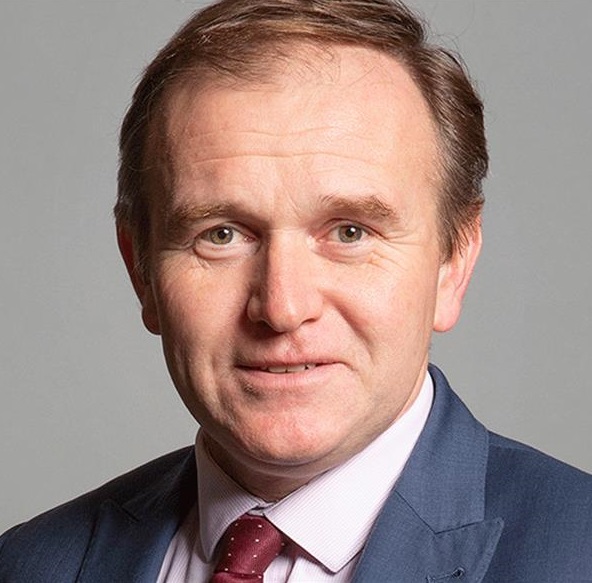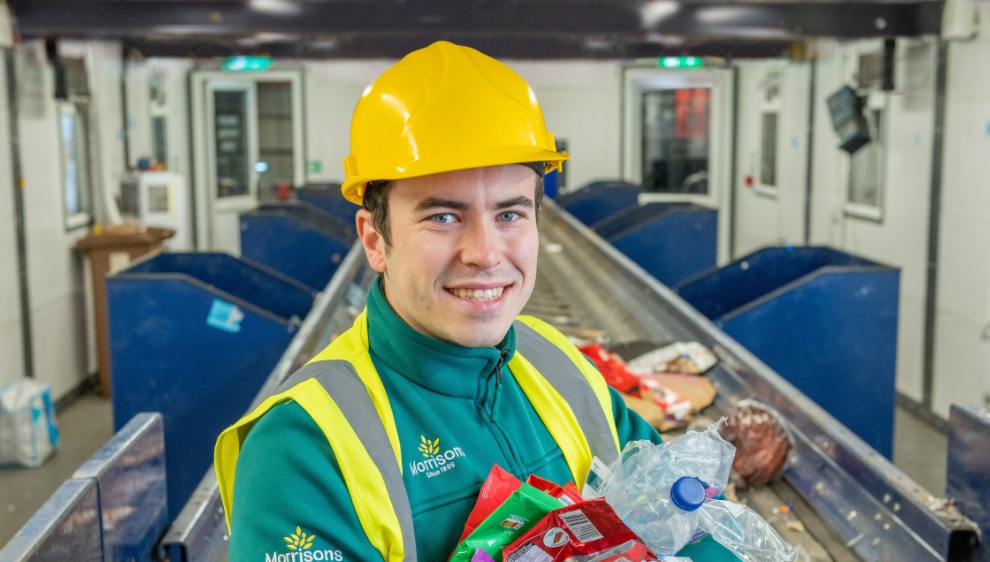WIDER SINGLE-USE PLASTICS BAN IS FLOATED IN UK TO CUT DOWN ON 5 BILLION ITEMS
Single-use plastic plates, cutlery, expanded and extruded polystyrene cups, and food and beverage containers could all be phased out in England as the UK government takes tough steps to eliminate plastic waste.
The move will impact the provision of throwaway cutlery for ready meals in some supermarkets, as well as cafes and restaurants selling coffee to go.
Last week, environment secretary George Eustice set out a process that will look at the use of these items before a decision is made on any legislation. Estimates suggest that in England alone, 1.1 billion single-use plates and 4.25 billion items of single-use cutlery – mostly plastic – are used per year, but only 10% are ever recycled.
Under proposals in a 12-week public consultation, businesses and consumers will need to move towards more sustainable alternatives. The UK government is also launching a separate call for evidence to address other sources of plastic pollution and will ask stakeholders for their views on tackling commonly littered plastics such as wet wipes, tobacco filters, sachets and other single-use cups.

According to DEFRA, the UK uses 2.5 billion disposable coffee cups per year, while plastic sachets are often not recycled due to their small size, which makes it hard to segregate and clean them.
A statement from the Department for Environment, Food & Rural Affairs (DEFRA) said: “Future policy measures that could be explored include banning plastic in these items, and mandatory labelling on packaging to help consumers dispose of these items correctly. The government will also examine how we can put the responsibility firmly at manufacturers’ doors.”
Moving away from single-use has worked well so far
The UK government has already banned plastic straws, stirrers and cotton buds, while charges for carrier bags in grocery and other stores has cut their consumption by 95% in big supermarkets.
Eustice commented: “Plastic damages our environment and destroys wildlife. It’s time we left our throwaway culture behind once and for all. These new plans represent the next major step in eradicating the use of problematic plastics that pollute our natural world.”
The consultation comes just a week after the passage of the Environment Act 2021 which will enable tougher action on single-use plastics in England, and just as the COP26 global climate change conference ended in Glasgow, Scotland with mixed results. The act includes powers to place charges on single-use items, and the call for evidence will explore this idea.
David Scott, corporate affairs director at supermarket chain Morrisons, said: “Reducing plastic packaging is one of the top issues our customers care about. We want to help them live their lives with less reliance on plastic. We’ve already banned many single-use plastics across our stores – including plastic plates, cutlery and straws, and we’ve developed recycling systems for soft plastics.” The group has also announced it will build a new soft plastic recycling site in Scotland.

Among the Environment Act’s measures that will impact the food and drink industry are:
- Introducing a Deposit Return Scheme for drinks containers to recycle billions more plastic bottles and stop them being landfilled, incinerated, or littered. Through a small deposit placed on drinks products, the scheme will incentivise people to recycle.
- An Extended Producer Responsibility scheme where packaging producers will be expected to cover the cost of recycling and disposing of their packaging.
- Plans for Consistent Recycling Collections for every household and business in England to ensure more plastic is recycled.
Damage from microplastics
Inappropriate disposal of plastics causes widespread environmental damage. Plastic items can persist for hundreds of years. As well as endanger wildlife and habitats in their larger forms, when broken down into microplastics, they impact soils, waterways, ocean and the entire food chains within them. Around the world, more than one million birds and over 100,000 sea mammals and turtles die every year from eating or getting tangled in plastic waste.
From April 2022, the government is also introducing a plastic packaging tax set at £200 per tonne, on plastic packaging which doesn’t meet a minimum threshold of at least 30% recycled content. The aim is to encourage greater use of recycled plastic, leading to increased levels of recycling and plastic waste collection.
The UK and multiple states including the European Union are also supporting a resolution proposed by Peru and Rwanda to start negotiations for a legally binding global agreement to tackle plastic pollution in the way the Paris Agreement has done for climate change and the Montreal protocol has done for ozone depletion.
Join us at SIAL Paris as exhibitor Join us at SIAL Paris as visitor
